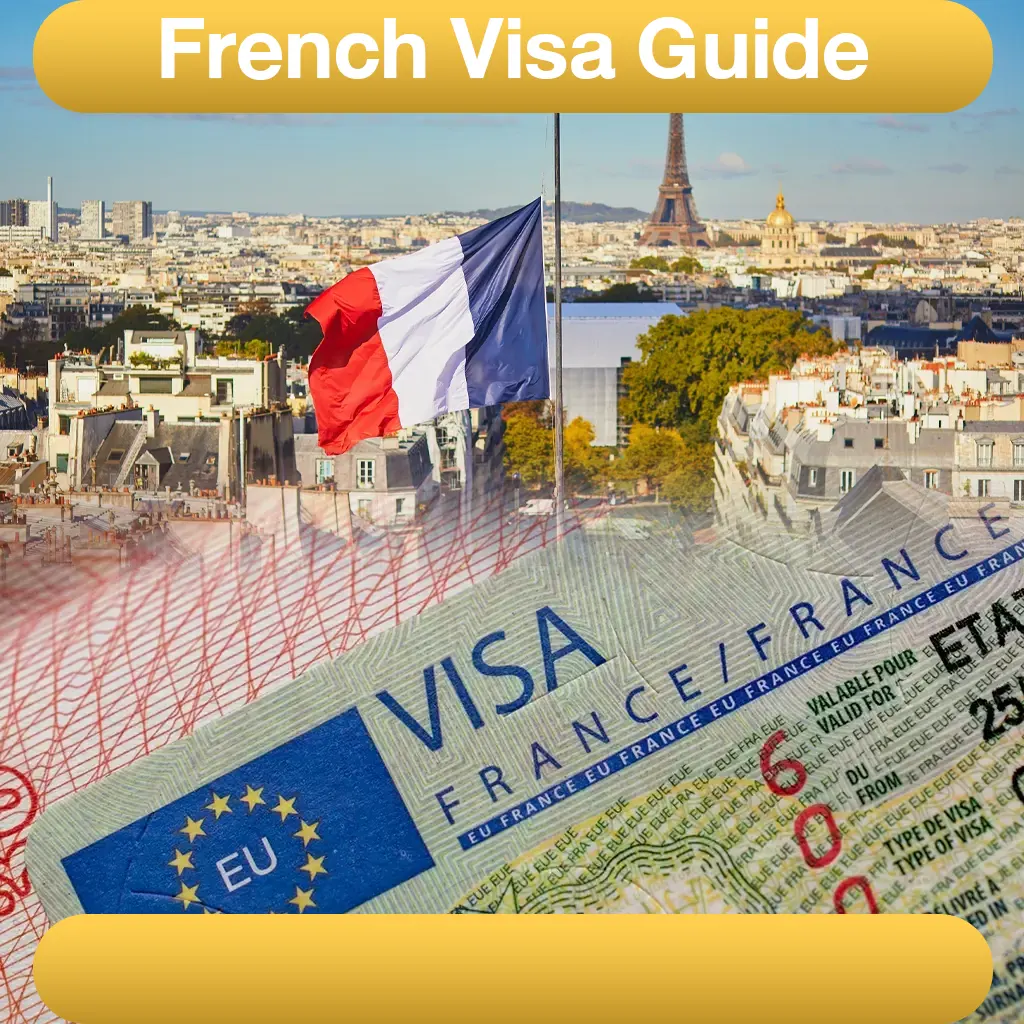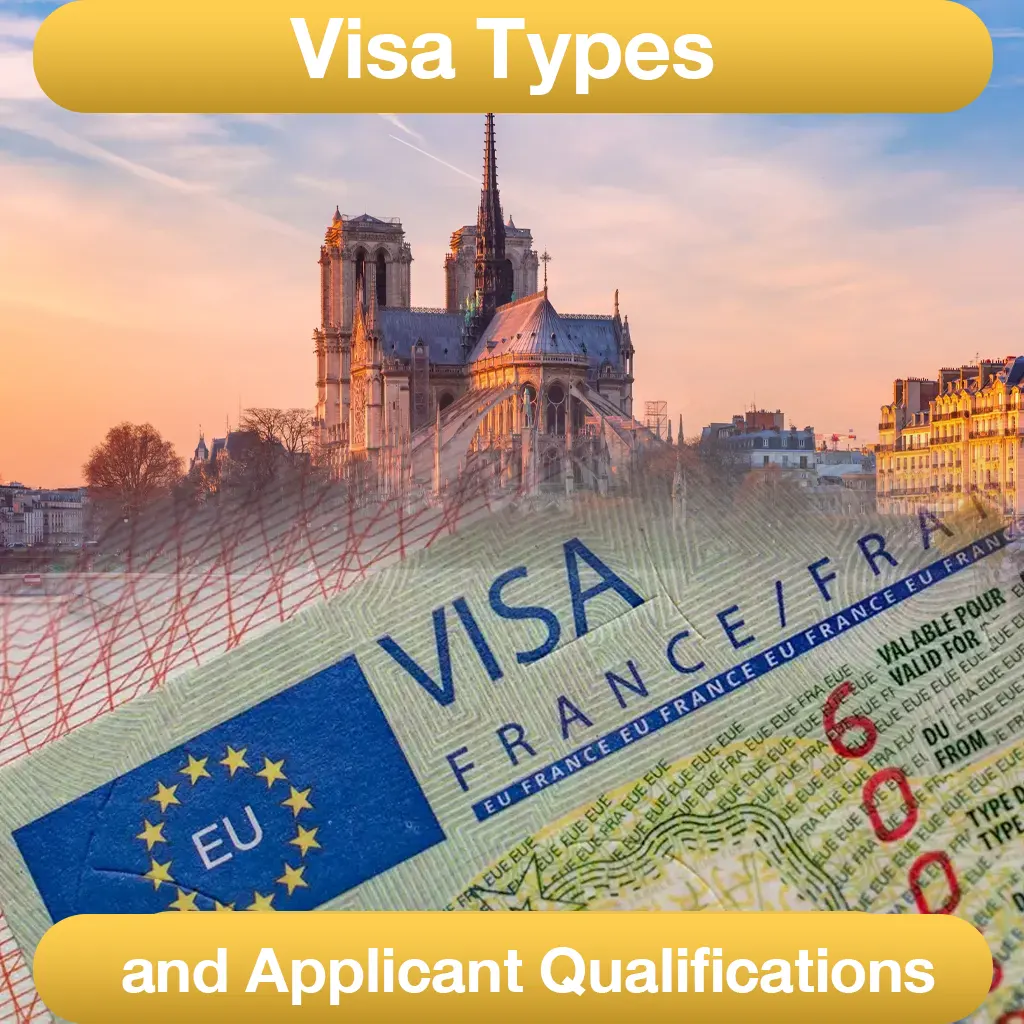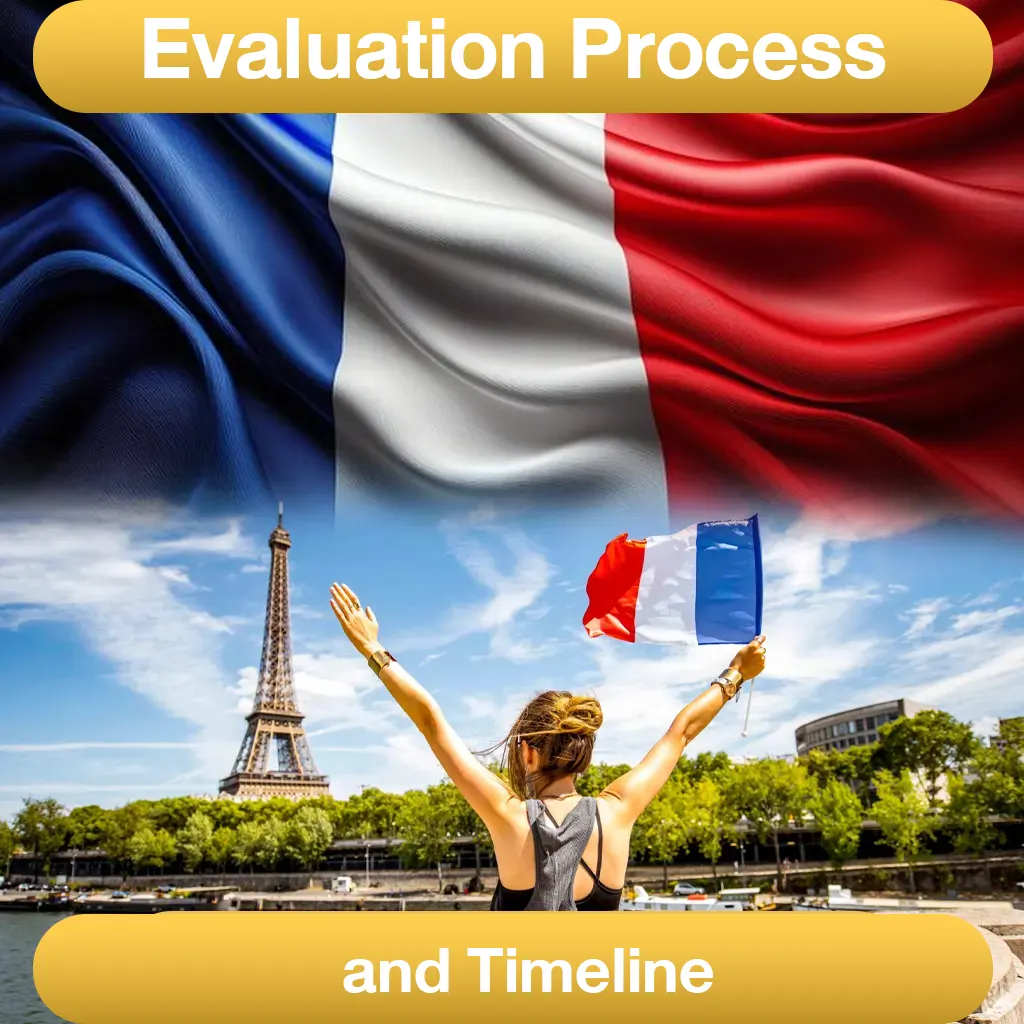Applying for a French visa is a crucial step for those planning to travel, study, or work in France. Applicants must understand the appropriate visa type for their travel purpose and prepare all necessary documents while following the required procedures. This article will guide you through all essential information you need to know about obtaining a French visa.
Visa Types and Applicant Qualifications
Schengen area visa applications primarily fall into two categories based on the intended duration of stay. Each type has different requirements and qualifications to match various travel purposes. Applicants must carefully consider which visa type best suits their needs and qualifications.
Before choosing a visa type, it’s important to understand that the Schengen area operates under unified visa regulations, making it possible to travel across multiple member countries. This system provides flexibility for travelers while maintaining strict entry and stay requirements.
- Short-stay visa (Schengen Visa) for stays up to 90 days, suitable for tourism, business, or family visits
- Long-stay visa (Long-stay Visa) for stays exceeding 90 days, suitable for study, work, or long-term residence
Schengen Visa for Short-term Stays (Up to 90 Days)
A Schengen short-stay visa allows holders to enter and stay in Schengen countries for up to 90 days within a 180-day period. This visa permits tourism, business activities, or family visits. It is particularly popular among tourists and business travelers planning short trips.
The flexibility of the Schengen visa makes it an attractive option for those looking to explore multiple European countries during their stay. However, it comes with specific responsibilities and limitations that visitors must understand and respect.
Long-stay Visa for Extended Stays (More than 90 Days)
Long-stay visas are issued to those intending to stay in Schengen countries for more than 90 days, typically for study, work, research, or family reunification purposes. This visa type undergoes more stringent evaluation compared to short-stay visas.
These visas are designed for individuals planning to establish a more permanent presence in France. The application process reflects this longer-term commitment, requiring comprehensive documentation and proof of integration plans.
Application Process and Required Documents
The visa application process requires systematic and careful execution. Applicants must prepare complete and accurate documentation according to requirements. Understanding the process and preparing documents in advance will help ensure a smooth visa application experience.
Every step of the visa application process has been designed to verify the applicant’s eligibility and intentions. Success in obtaining a visa often depends on how well these requirements are met and how clearly the application presents the traveler’s plans.
- The process begins with online registration and appointment scheduling
- Supporting documents must be prepared according to the specified list and translated into accepted languages
- Fees must be paid through designated channels with proof of payment retained
Online Registration and Appointment System
Online registration and appointment scheduling is the first crucial step in the visa application process. Applicants must complete the online form with personal information and travel details. The system will assign a date and time for document submission and interview.
The digital application system has been designed to streamline the process and reduce processing times. Understanding how to navigate this system effectively can significantly impact the overall application experience.
Required Documents by Visa Type
Supporting documents are crucial in demonstrating applicants’ qualifications and readiness. Applicants must prepare all required documents completely, with either originals or certified copies, translated into languages specified by the embassy.
Document preparation requires careful attention to detail and often involves multiple steps, including obtaining originals, making copies, and getting official translations. Planning this phase well in advance can help avoid last-minute complications.
Evaluation Process and Timeline
The visa evaluation process requires attention to detail from both applicants and embassy officials. Understanding the process and timeline helps applicants plan their travel effectively.
The evaluation of visa applications follows a standardized procedure designed to ensure fair and thorough assessment of each case. Knowing what to expect during this process can help applicants prepare appropriately and reduce anxiety.
- Interviews are a crucial step requiring thorough preparation
- Document verification is conducted meticulously by officials
- Processing times vary by visa type and application volume
Interview Process and Document Verification
The visa interview is a crucial opportunity for applicants to explain their travel purpose and establish credibility. Officials conduct interviews to assess sincerity and consistency with submitted documents. Applicants should prepare thoroughly for both communication and question responses.
Success in the interview phase often depends on the applicant’s ability to clearly articulate their plans and provide consistent information. Being well-prepared and confident during this phase can significantly impact the application outcome.
Processing Timeline and Status Tracking
Visa processing times vary by visa type and application volume. Generally, short-stay visas take around 15 working days, while long-stay visas may require more than 30 working days. Applicants should plan their travel considering these processing times.
Understanding the typical processing timeline allows applicants to plan their travel more effectively. While waiting times can vary, having realistic expectations helps in making appropriate arrangements.
Additionally, you can also apply for visas to neighboring countries like Spain through similar procedures.


 ไทย
ไทย


